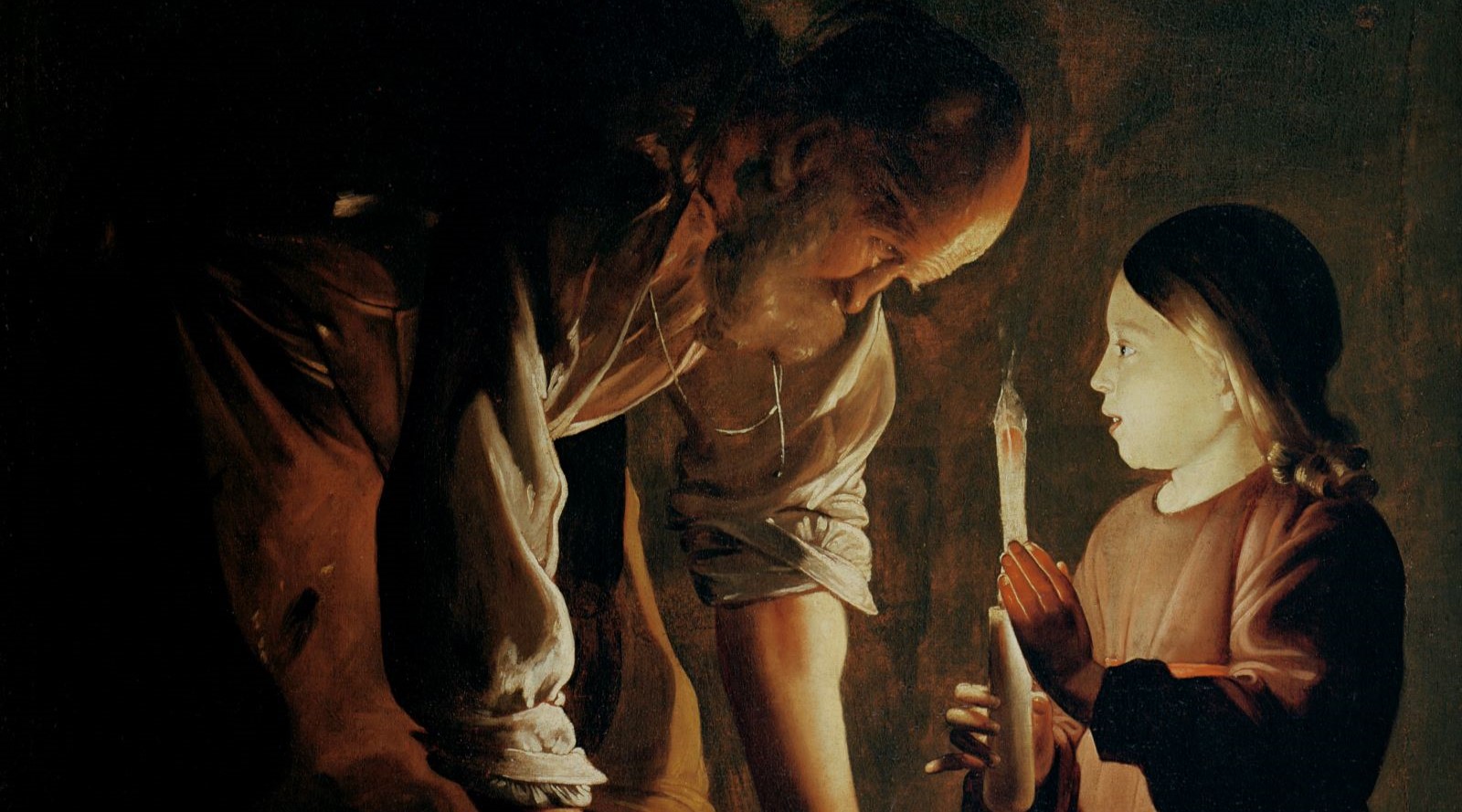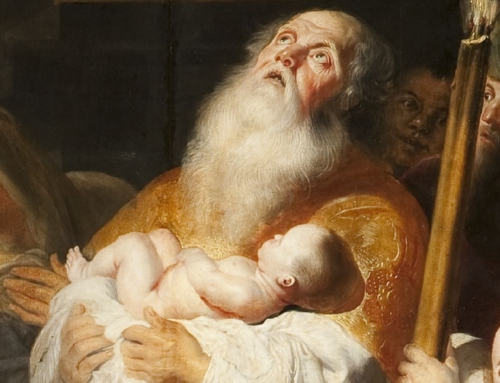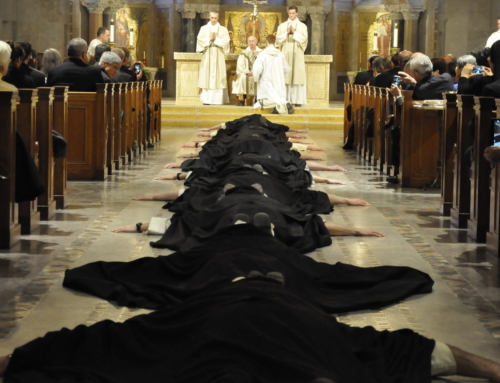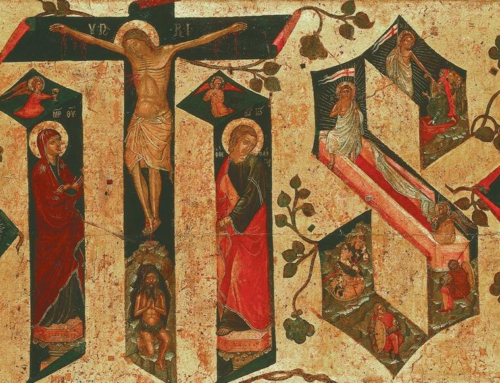From Adam working the garden to Christ doing the works of the Father, the Scriptures prominently feature the theme of work. In his second letter to the Thessalonians, Saint Paul goes so far as to say that all those who do not work should not eat (3:10). But, why? What is the significance of work? Saint John Paul II once wrote, “By means of work, man participates in the activity of God himself” and so comes to be like him. In turn, the man who works for God comes to love him ever more.
Work has the ability to make us love God more, if it is done for him. For when we work for God, we learn something both about ourselves and about God. We simultaneously learn our own limitations and God’s surpassing love. Accepting these truths requires a death to self, but results in a higher life in God.
Today is the memorial of Saint Joseph, the patron of workers and an exemplar for us. Let’s consider what Joseph’s work might have taught him and how this knowledge would have prompted him to love God more.
Joseph was a carpenter, so his work was physically demanding: lifting and carrying heavy loads; chopping, splitting, and shaving rough logs; sanding, hammering, and assembling these into finished tables, chairs, doors, and the like. From this work, he would have been sore and tired, hungry and sweaty, with blistered hands and covered in dirt. From such work, one comes to know himself and his limits: man is exhaustible and hurtable. By laboring, the man of faith also learns something about God: he supplies strength for us to do our work and healing for us to recover.
Joseph’s work as a carpenter also included mental tasks: designing a bench, a cabinet, a desk; calculating and measuring boards and cuts along the way; studying the color, grain, and age of wood to predict its effects when hammered or bent in various ways; and most of all, there is the mental task of planning new jobs and estimating the worth of one’s work. From these tasks, Joseph must have felt the weariness of mental exhaustion; anxiety and stress from the responsibility and unpredictability of his work; and the distractions and discouragements of hard labor. But here again we learn about ourselves, especially as we humbly recognize our limits and quirks. At the same time, we gain greater knowledge of God: we discover that he is the giver of peace, the source of encouragement, the supplier of mental strength and healing.
By persevering in work as St. Joseph did, we may learn more about ourselves and God, but this requires a death to ourselves. Yet if we do die to ourselves, in admitting our weaknesses, then we are able to see the love of God, present and supporting us. The one who works for God comes to love him ever more.
✠
Image: Georges de la Tour, St. Joseph, the Carpenter







